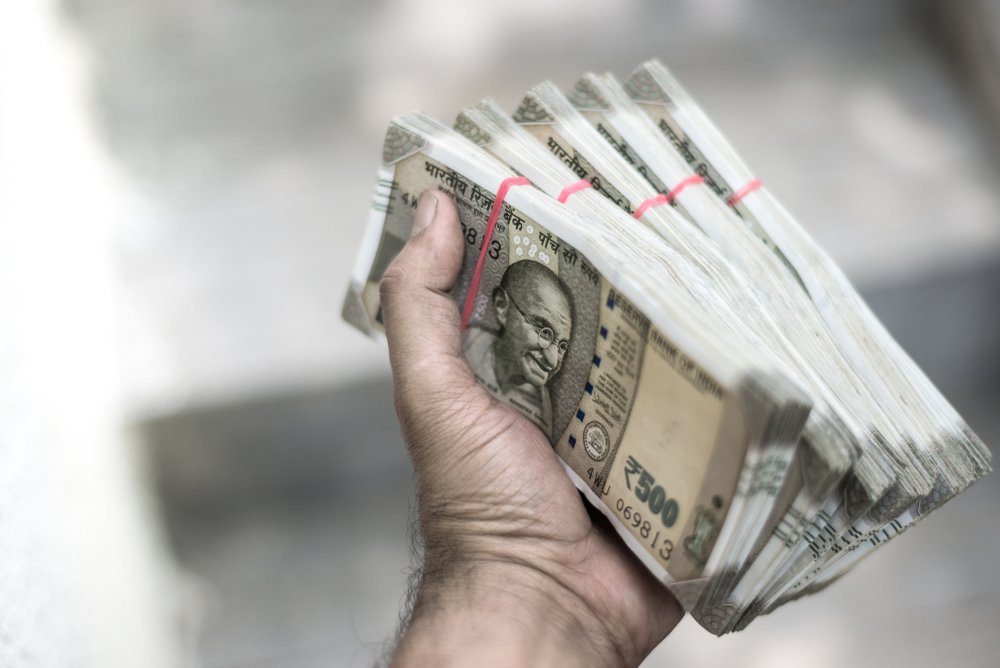The re-election of Narendra Modi as India’s prime minister is going to make bitcoin trading come with a premium in the country.
It is partially due to a full-fledged trading market that went underground abruptly owing to a blanket ban announced by the Reserve Bank of India (RBI). Panicked traders shuffled to a few known cryptocurrency exchanges such as ZebPay and UnoCoin to either withdraw or sell their bitcoins. Many of them to this date trade cryptocurrencies away from the watchful eye of law and lawmakers — and they believe a potential crypto ban at the behest of the Ministry of Finance would fuel their operations further.
“It does not matter what they [the Indian government] ban or what they accept,” says Anjuman Rishi, a Noida-based computer programmer, who got into bitcoin trading post demonetization. “I mean, they have banned alcohol in two Indian states, right? What have they done to remove billions of rupees worth of bootlegging market? Drinkers are going to drink. Bitcoin traders are going to trade.”
Rishi added that he would any day prefer a government-regulated cryptocurrency exchange over an underground bitcoin marketplace, explaining that peer-to-peer markets are expensive and unsafe. Excerpts from his conversation with CCN:
“I buy bitcoins at regular intervals, believing it would protect me from the recession next year. However, the prices quoted by underground bitcoin dealers are too high. When the price went above $8,000 in May, I tried to purchase a few units, only to find that the bid price was near $8,200. P2P offline exchanges rip us traders off especially in the times of the bitcoin price rise.”
 Indians are having to fork out more than the bitcoin’s global average value to buy the cryptocurrency. | Source: Shutterstock
Indians are having to fork out more than the bitcoin’s global average value to buy the cryptocurrency. | Source: Shutterstock
Liquidity
Operators associated with a New Delhi-based peer-to-peer exchange told CCN that they were running the inherent legal and market risks associated with trading bitcoins. Mohammad Azeem Khan, a New Delhi-based exchange operator, said they sometimes run out of liquidity to match the bids, which leaves them with the only option to maximize the buying price.
“We would happily register ourselves as a regulated exchange if the government allows,” said Khan. “If banks work with us, it would be easier to handle larger orders. But until then, traders should appreciate us for bearing the risks.”
Santosh Kukreja, another New Delhi-based bitcoin exchange operator, believes the anti-bitcoin policies of the Modi government would make the asset more expensive in India than the rest of the world.
“The more they try to ban it, the better the bitcoin will flourish. The Modi government is good but they need to understand that they cannot shut down bitcoin. So why not just integrate it as Japan did?”
The alleged anti-bitcoin bill could make its way to the lower house of Indian parliament in the upcoming monsoon session, which will start on June 17 and will run until July 26.